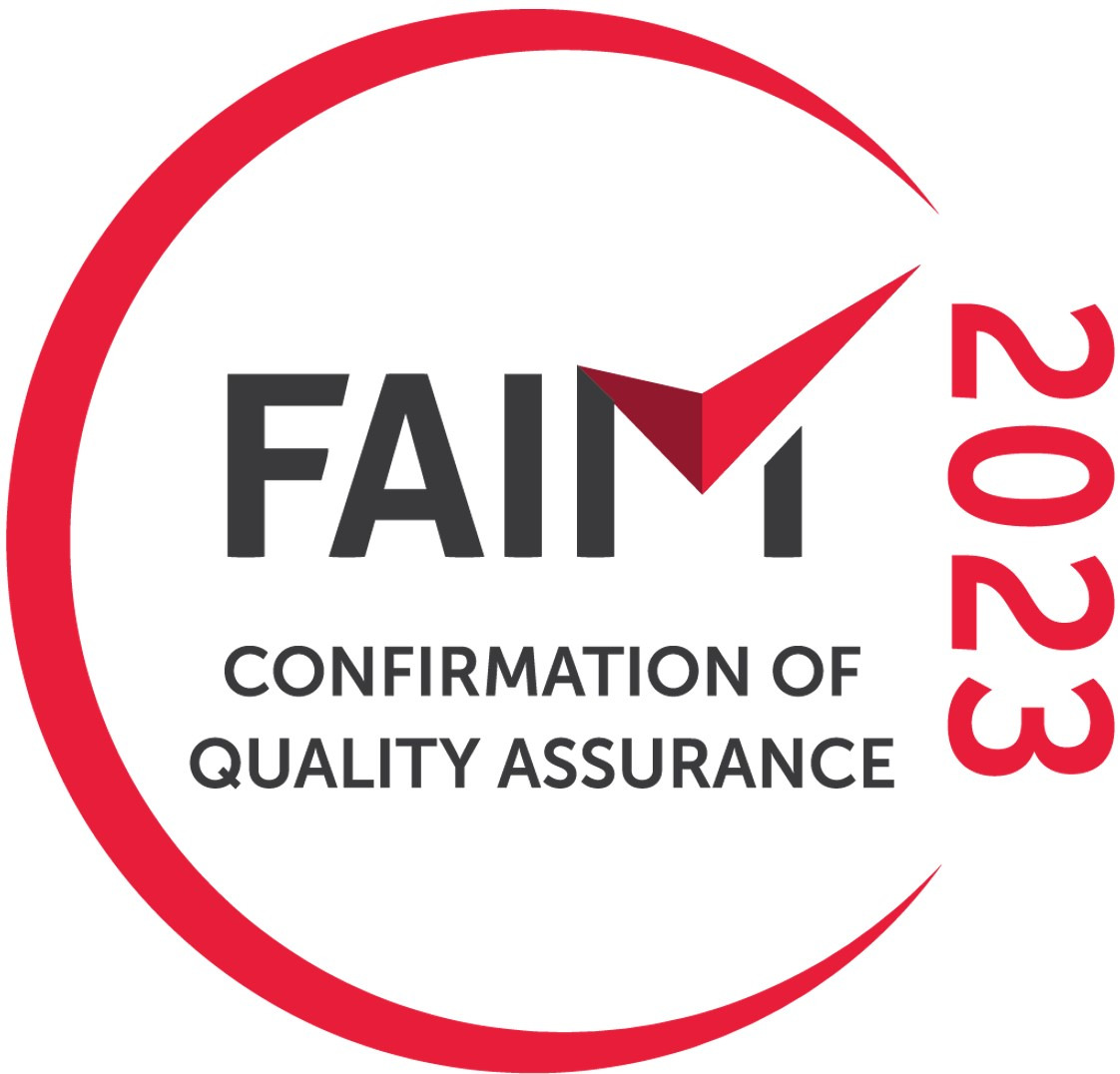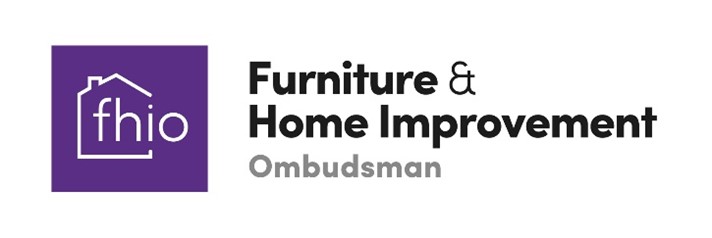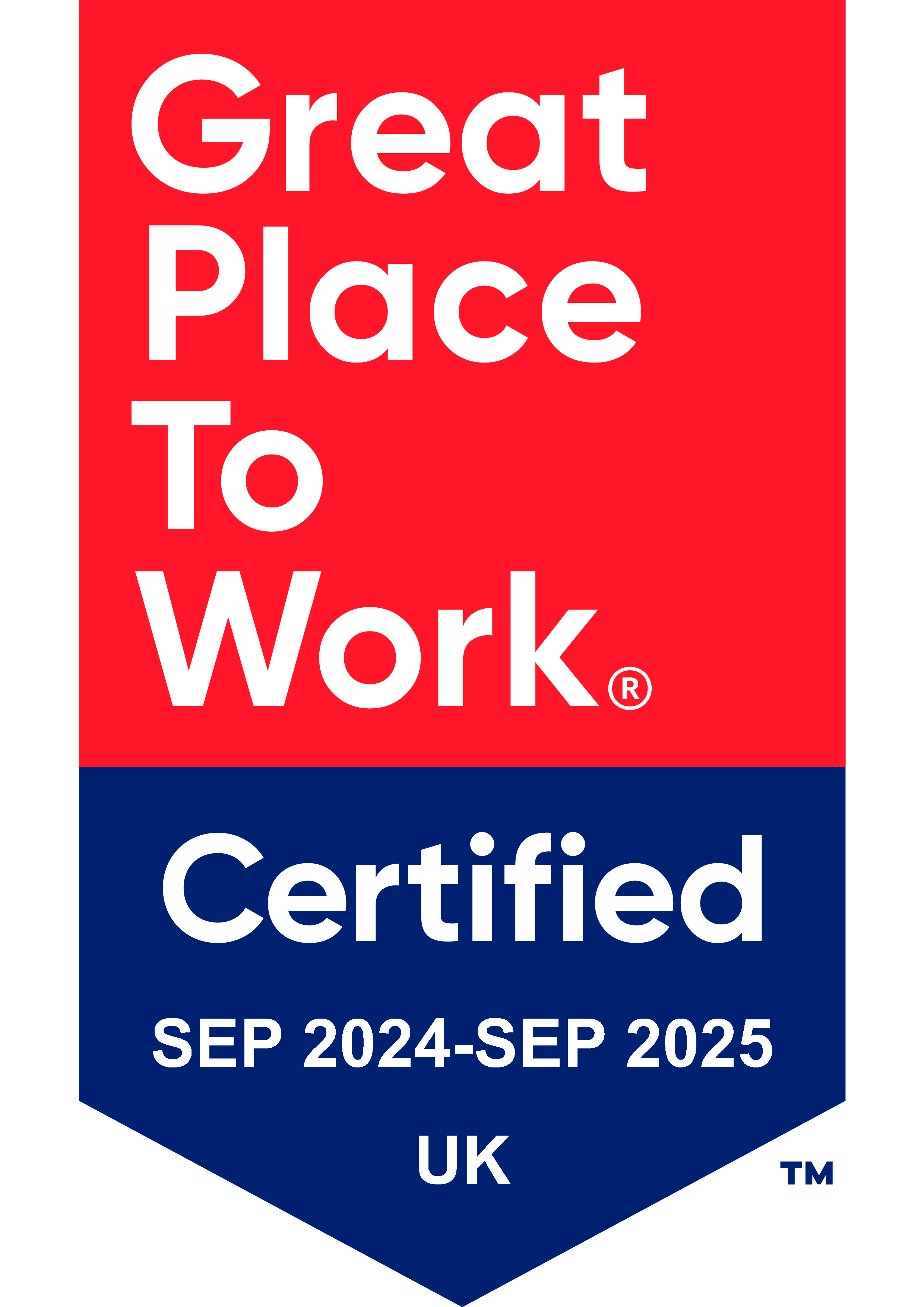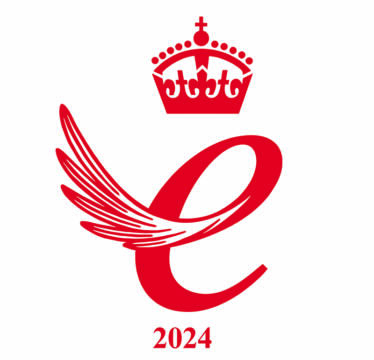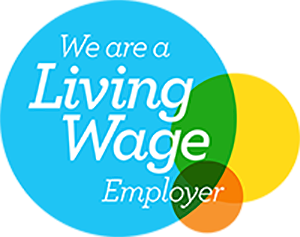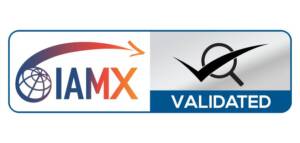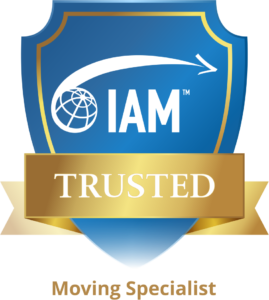Moving to New Zealand as a sole trader is a daunting prospect. Granted, you might retain your existing client base, but wrapping your head around another country’s legal processes is no small task. Thankfully, when it comes to red tape and bureaucracy, New Zealand is generally very laid back.
As someone who transitioned from self-employment in the UK to self-employment in NZ (mid-tax year no less), here are a few basic tips I’d like to share.
Registering as self-employed in New Zealand
The process of registering as self-employed couldn’t get much simpler than it currently is. First, you’ll need to register for an IRD number with Inland Revenue, this step involves a bit of paperwork but is mandatory for anyone working in NZ in any capacity. Then, you simply log into MyIR and hit a few buttons to declare you’re self-employed.
Your information will then be passed on to ACC, who will calculate your annual contribution. ACC is a government-managed workplace insurance and compensation scheme that protects both employed and self-employed workers. It cannot be opted out of and contributions are based on your income and level of risk.
Finding an accountant in New Zealand
If, like me, your move to NZ doesn’t fit nicely into a new tax year, it’s well worth using both a UK and NZ accountant for your first year’s accounts. One side can sort out your UK obligations, which can then be used by your NZ accountant to work out what you owe IRD.
It’s worth noting that the vast majority of New Zealand businesses use Xero. It took a great deal of time to find an accountant who was willing to use my Quickbooks account for my tax return, so I made the move to Xero for the new tax year. For ongoing accounting services, I use Small Business Accountants, which is a great nationwide option. Hnry is also very popular.
Paying tax in New Zealand
There are five tax thresholds in New Zealand, which have been in effect from 1st April 2021.
- Up to $14,000 – 10.5%
- Over $14,000 and up to $48,000 – 17.5%
- Over $48,000 and up to $70,000 – 30%
- Over $70,000 and up to $180,000 – 33%
- Remaining income over $180,000 – 39%
Does your business need to be GST-registered?
Similar to VAT, GST is a tax added to the price of most goods and services. This is charged at a rate of 15%. All businesses that earn at least $60,000 a year must register for GST. Registering is done through the MyIR portal. Importantly, the calculations for GST run from January to December, not the tax year, this is worth noting when working out if you need to register.
Visit Inland Revenue to learn more about registering for GST in New Zealand.





